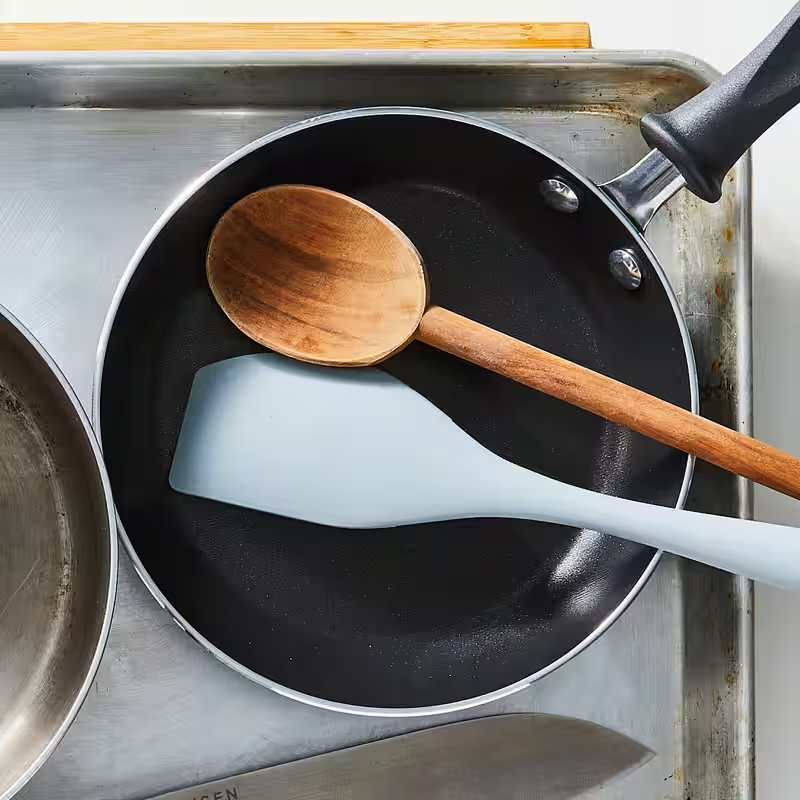In a move that’s reignited debate over public health and consumer affordability, California Governor Gavin Newsom has vetoed a landmark bill that would have phased out PFAS—so-called “forever chemicals”—from cookware and other everyday products .
The decision, announced late Monday, October 14, 2025, halts California’s attempt to become the first state to ban PFAS in nonstick pots and pans, citing concerns that such a restriction could drive up prices for everyday households already grappling with inflation.
What Are PFAS—and Why Do They Matter?
PFAS (per- and polyfluoroalkyl substances) are synthetic chemicals used since the 1940s for their water- and grease-resistant properties. They’re found not just in nonstick cookware but also in waterproof clothing, food packaging, dental floss, firefighting foam, and even baby products like strollers and crib mattresses .
Dubbed “forever chemicals” because they don’t break down naturally, PFAS can accumulate in the human body and the environment. Studies have linked them to serious health issues, including:
- Low birth weights and developmental delays in infants
- Increased risk of kidney, testicular, and prostate cancers
- Contamination of drinking water and agricultural soil
Newsom’s Reasoning: Affordability Over Regulation
While Governor Newsom acknowledged the bill’s noble goal of protecting public health and the environment, he expressed “deep concern” about its potential economic impact. “I remain deeply concerned about the impact this bill would have on the availability of affordable options in cooking products,” he said in his veto message .
The proposed legislation would have banned PFAS in six key categories:
- Cookware
- Food packaging
- Dental floss
- Cleaning products
- Ski wax
- Children’s products (e.g., playpens, strollers, crib mattresses)
Celebrity Chefs Weigh In
Interestingly, the veto was welcomed by several high-profile chefs who argued that modern nonstick cookware is safe when used properly. Rachael Ray, David Chang, and Marcus Samuelsson had all publicly opposed the ban, warning that alternatives could compromise cooking performance and accessibility for home cooks .
Environmental and Health Advocates React
Public health and environmental groups expressed disappointment. “This is a missed opportunity to protect Californians from toxic exposure,” said a spokesperson for the Environmental Working Group. “PFAS are in our blood, our water, and now our kitchens—and we have safer alternatives.”
Infographic: Where PFAS Hide in Your Home
| Product Category | Common PFAS-Containing Items |
|---|---|
| Kitchen | Nonstick pans, food wrappers, microwave popcorn bags |
| Personal Care | Dental floss, cosmetics, waterproof mascara |
| Home & Outdoor | Stain-resistant carpets, waterproof jackets, ski wax |
| Baby & Kids | Crib mattresses, strollers, play mats |
What’s Next for PFAS Regulation?
While California’s ban is off the table—for now—federal agencies like the EPA are advancing nationwide limits on PFAS in drinking water. Several other states, including Maine and Washington, have already enacted partial bans on PFAS in consumer goods .
For Californians, the message is clear: read labels, avoid “stain-resistant” or “waterproof” claims when possible, and consider switching to cast iron, stainless steel, or ceramic cookware as PFAS-free alternatives.




